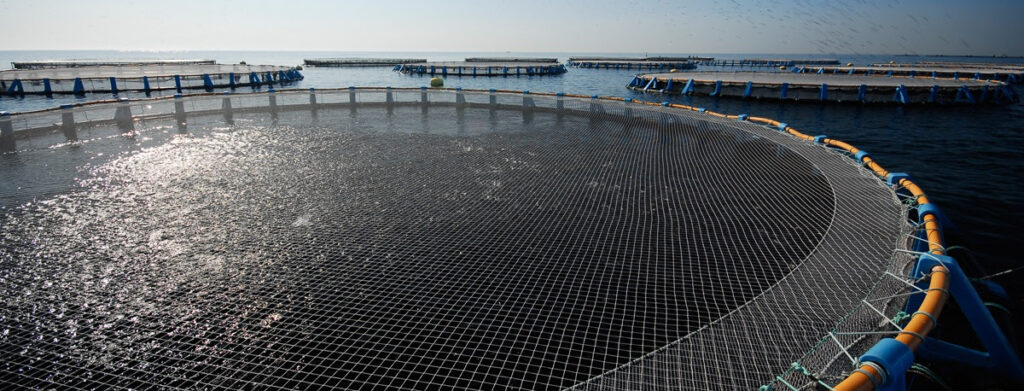The impact of climate change is already being felt in aquaculture, but it could profoundly alter the production and welfare of fish in tanks or floating cages in Portugal and Spain, point out the researchers.
The most recent publication in the series “Diseases of caged fish” (Diseases and Disorders of Finfish in Cage Culture, in the original) focused for the first time on the problem of climate change and this third book also includes an unprecedented chapter on the welfare of fish in captivity, where problems are pointed out, but also some solutions.
João Saraiva, one of the authors of the chapter “Welfare of fish grown in cages in the context of climate change” states that “it is no longer possible to escape” this theme and highlights the “enormous” importance of its inclusion in what is a “ cornerstone” in the knowledge of fish farming in the open sea.
“Animal welfare is an inescapable topic for both ethical and political reasons or public awareness, but also because it is increasingly known that the quality of what we eat is directly related to how animals live and how they are slaughtered” , argues the leader of the research group on ethology and animal welfare at CCMAR (Centre for Marine Sciences) at the University of Algarve.
According to the biologist, the industry “begins to pay attention” to this issue, with “a lot of evidence” already existing that “if they are well”, from the outset, the fish are “more resistant to diseases”, managing to “cope better” with the challenges that aquaculture poses to them, such as the density and quantity of fish in the tanks or their handling, for example”.
And it is this well-being that may be at stake with climate change and that, in the near future, may have an impact on the cultivation of fish in earthen tanks (former salt pans), traditionally used in Portugal and southern Spain. The increase in temperature that “already occurs” and the consequent “lower oxygen levels” in the water, lead to “an increase in stress”, a decrease in “immune defenses” and a “possible increase in diseases”, he points out.
For the expert, farming systems in cages in the open sea “will also suffer consequences”, since there are parameters of water quality and composition that “cannot be controlled” and that are (and will) undergo changes. Extreme temperature weather phenomena, storms or hurricanes, will also become “more frequent” reaching regions where they were not usual, which will bring challenges to the industry.
“Salmon farming in Norway is often done in fjords – because they are very still and calm areas – but there have been episodes of temperature increase with a lot of microalgae agglomeration that consume oxygen and this leads to the mortality of millions of individuals, which , in addition to the consequences for production, it also contaminates an entire ecosystem”, he warns.
Around here, sea bream is one of the most cultivated fish, growing well in slightly “warmer” waters, which is why it is placed “in cages in Madeira and the Canary Islands”, but its temperature tolerance limits “may already be being reached” or this happens “in the more or less near future” putting its production into question.
In the chapter, written together with two researchers from the University of Glasgow and Stirling, in Scotland, some paths are pointed out that include “improvements in the design of cages” – making them more resistant and submersible -, improvement of fish monitoring systems and weather forecasting, so that changes in parameters can be detected “faster” and the necessary adjustments can be made.
It will also be necessary to modify the “engineering systems of the cages and their materials” and create “mobile systems” either for short trips – taking them to more sheltered areas – or even longer ones – moving them to latitudes where they find more favorable temperatures. or are better protected from the weather.
The artificial selection of strains of the most cultivated species, which are more resistant or better adapted to the new conditions, is another of the measures mentioned and very similar to what has been done for hundreds of years in livestock.
The rise in water temperature may even create conditions where “it is not feasible to grow” species such as sea bass and bream in the medium term, and “species more adapted to the climate that is experienced in each zone and that are already appearing in Portuguese waters”, he concludes.
The book “Mudanças Climáticas e Saúde dos Peixes” published by the international, intergovernmental and non-profit organization CABI, also has the contribution of Portuguese researchers from CCMAR, IPMA and CIIMAR on “Non-infectious diseases of warm-water fish” and it is intended to be a good reference text for workshops or academic courses such as aquaculture and fish health.



















Comments